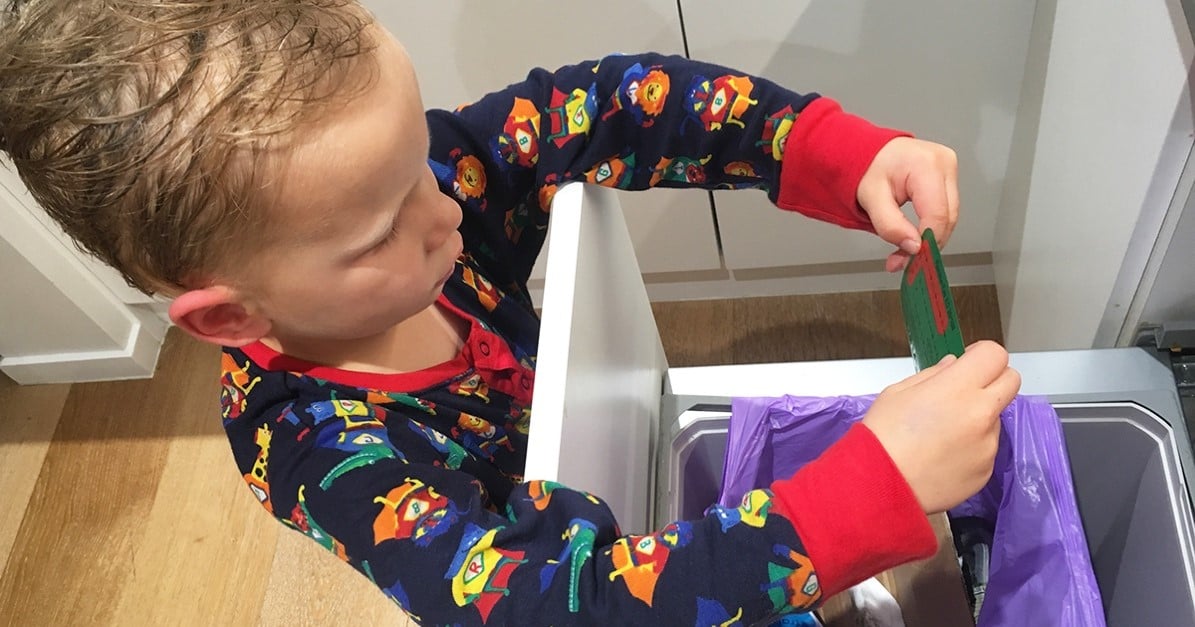

When the milk goes off, you don’t drink it. The same goes for expired medication, but not everyone knows that’s the case. Studies show that there are millions of expired and unwanted medicines sitting in homes all over Australia. Mine was one of them. A few weeks ago, I decided to clean out my family’s medicine cabinet and found lots of medicines that were either out of date or no longer needed.
I soon realised that I had no idea what to do with them. Leaving expired medication around or disposing of it incorrectly can be damaging to you, your family and the environment. So I visited my pharmacist for some answers and she dispelled a lot of the myths about disposing of medications. Let’s bust the myths:
Myth: It’s OK to use medication after it has expired.
Fact: The expiry date of your medication is scientifically formulated. After that date, pharmaceutical companies can no longer guarantee that the medicine is stable and effective. Over time, many medicines lose their potency and can become hazardous due to a change in their chemical composition. Don’t take the risk. It’s best to dispose of expired medication and buy a new supply if needed.


